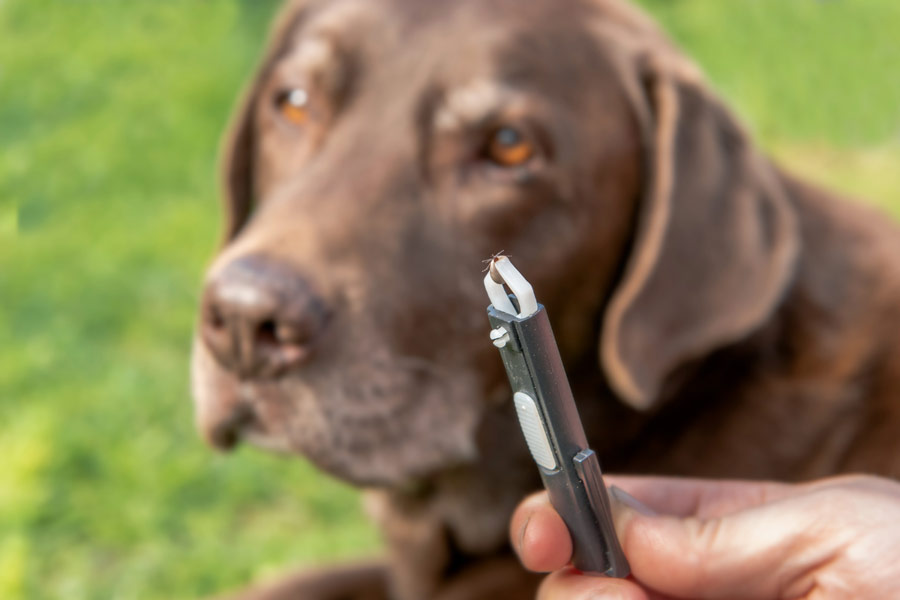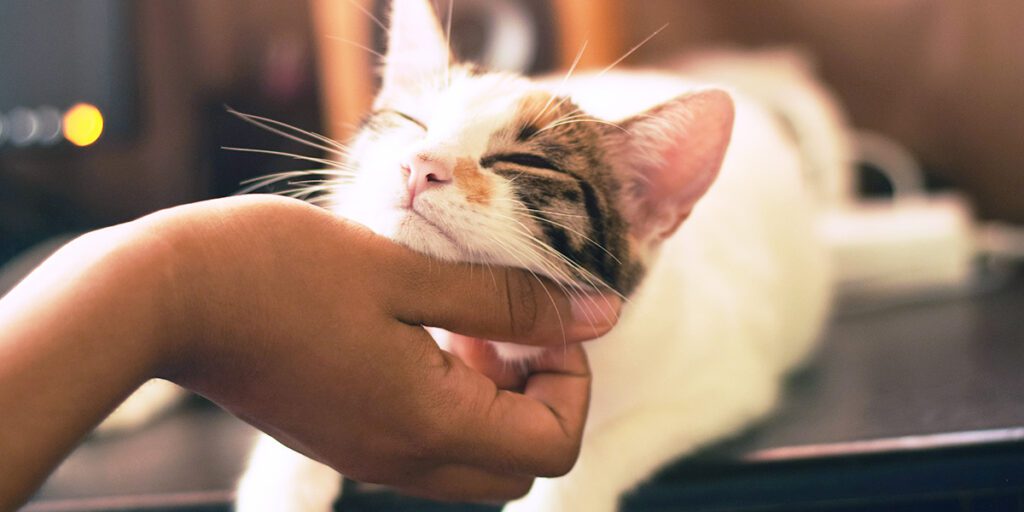Heath Veterinary Clinic would like to make the public aware of a noticed increase in Lungworm following a confirmed case of the disease in a local dog, Skye, at the Burgess Hill practice.
Lungworm (Angiostrongylus vasorum), a parasitic disease that is potentially fatal to animals, can be caught simply by them eating snails and slugs which carry the worm larvae or through infected animals faeces. Once eaten, the larvae hatch into lungworm parasites which travel through the body before finally ending up in the heart, causing death. Lungworm can be treated by vets if caught in time but cannot be prevented with de-worming tablets.
Emily Chadburn, Senior Veterinary Surgeon at Heath Vets, said:
“Skye was brought into us last week as she was experiencing some worrying blood clotting symptoms. It was touch and go for quite a while but following several blood transfusions and round the clock intensive care treatment from us and our 24 hour emergency care team, she is now much improved and on the mend.”
Commented Mr Dover, Skye’s owner:
“I’d heard about Lungworm before but never realised how dangerous it can be. It all happened so quickly – Skye suddenly was showing some horrid symptoms and I immediately rushed her to Heath Vets. The team have looked after her really well and I am so glad they were on hand to help. She’s on the mend now and we’re over the moon to have her back home.”
Continued Emily,
“Symptoms to look out for include coughing and breathing problems, lethargy and abnormal blood clotting, for example, if your dog gets a minor injury, it might bleed for longer or not scab over.
If your pet shows any of these symptoms, or acts out of character, please take them to your local vet immediately. Lungworm can be treated if caught in time but fatal if not.
For more information about Lungworm, please visit www.lungworm.co.uk or pop into Heath Vets.


